JANE AUSTEN AND THE ROMANTIC POETS
Jane Austen
 and the
and the
Romantic Poets
WILLIAM DERESIEWICZ
COLUMBIA UNIVERSITY PRESS
NEW YORK
Columbia University Press
Publishers Since 1893
New York Chichester, West Sussex
cup.columbia.edu
Copyright 2004 Columbia University Press
All rights reserved
E-ISBN 978-0-231-50870-4
Columbia University Press wishes to express its appreciation for assistance given by Yale University toward the cost of publishing this book.
Library of Congress Cataloging-in-Publication Data
Deresiewicz, William, 1964
Jane Austen and the romatic poets / William Deresiewicz.
p. cm.
Includes bibliographical references and index.
ISBN 0231134142 (alk. paper)
1. Austen, Jane, 17751817KnowledgeLiterature. 2. English poetry19th centuryHistory and criticism. 3. Austen, Jane, 17751817Criticism and interpretation. 4. Influence (Literary, artistic, etc.) 5. RomanticismGreat Britian. I. Title.
PR4038.L5D47 2004
823'.7dc22 2004058253
A Columbia University Press E-book.
CUP would be pleased to hear about your reading experience with this e-book at .
For Jill
Contents
M y first thanks must go to Karl Kroeber, who displayed unfailing wisdom, wit, and patience during my seemingly interminable stay in graduate school. I entered my first course with him convinced that nineteenth-century British fiction was the last field I would want to specialize in and left it unable to imagine how I could study anything else. Although my student days seem distant now, I would also like to take this opportunity to thank some of the others whose inspiration and guidance most importantly shaped me during those years: Adele Siegel, Paul McNeil, Edward Tayler, Tobi Tobias, Michael Seidel, Julie Peters, Andrew Delbanco, and Kathy Eden.
Neither graduate school nor an untenured professorship are experiences one can sanely survive without the friendship of fellow students and colleagues. Among the most cherished of these friends have been Morgan Brill, Piotr Siemion, Paul Vita, Gaura Narayan, Renee Tursi, Pericles Lewis, Chris Miller, Amy Hungerford, Nigel Alderman, and Wes Davis. A special thanks to Blakey Vermeule, coach, confidant, and co-conspirator through many a lunch and late-night phone call, and to George Fayen, equal parts mentor and friend, unsurpassed model of pedagogic excellence to generations of students and colleagues.
This project began as a little idea that flew into my ear one day while I was teaching a seminar on Jane Austen in the spring of 1999. Thanks to the students who shared their love of Austen with me that term. Thanks also to the colleagues without whose support and feedback this book would not be what it is. Linda Peterson, Paul Fry, Joe Bizup, Mary Floyd-Wilson, and Michael Thurston offered acute criticisms at the proposal stage. Ruth Yeazell and David Bromwich read the entire manuscript with generous minds and probing eyes, and offered savvy advice about publication as well. Thanks also to the readers for Columbia University Press, who helped me to imagine an audience unbiased by personal association.
The editors and staff of the PressJennifer Crewe, Kerri Sullivan, and Juree Sondkerhave been a dream to work with. A special thanks to James Shapiro, for championing the manuscript at a crucial point in its travels through the publishing maze, and to Clare Howell, for very generously donating her indexing services. Thanks also to the Frederick W. Hilles Publication Fund of Yale University for helping defray production costs.
The bulk of this book was written during a years leave in India. Thanks to Yale University for the Morse Fellowship that made the leave possible, and thanks also to the friends who kept me supplied with library books, printer paper, ant traps, and other necessities from across the sea: Clare Howell, Karin Roffman, Ravit Reichman, and my sister, Ellen Schwartz.
My largest debts are to my parents, who made it all possible, and to my wife, Aleeza Jill Nussbaum, who makes it all worth doing in the first place.
The long interval that elapsed between the completion of Northanger Abbey in 1798, and the commencement of Mansfield Park in 1811, may sufficiently account for any difference of style which may be perceived between her three earlier and her three later productions [I]n her last three works are to be found a deeper insight into the delicate anatomy of the human heart, marking the difference between the brilliant girl and the mature woman.
J. E. Austen-Leigh, A Memoir of Jane Austen
J ane Austens nephew may have gotten his dates slightly wrong, Early phase and major phase, as I will call them: Northanger Abbey, Sense and Sensibility, Pride and Prejudice; Mansfield Park, Emma, Persuasion. The former brilliant, cutting, breathtakingly assured, the latter something still more: deeper, denser, more complex, more confounding. Their incontestably great artistic merits notwithstanding, the novels of the early phase are essentially straightforward marriage plots, intricately designed but morally and emotionally unambiguous. In the major phase, Austen discards her allegiance to reason and resolution to emerge as an explorer of uncharted and disturbingly equivocal regions of selfhood and relatedness. From a maker of marriages, she becomes an investigator into the delicate anatomy of the human heart.
What accounts for this change? Again, pride of place must go to Austen-Leigh. Jane Austen was twenty-threea brilliant girl, in her nephews termswhen she finished the last of the three manuscripts that would later become the novels of the early phase. Her father was still alive and well, their family home in Steventon still unthreatened by the prospect of removal. By the time she began Mansfield Park at the age of thirty-five, however, her father had died; her family had moved house six times, among three different towns, with long intervals, after two of the removals, of shuttling from friend to friend; she had accepted a proposal of marriage just short of her twenty-seventh birthdaythe age by which Charlotte Lucas has become desperate enough to accept the hand of Mr. Collinsthen rejected it the next morning; she had sold the manuscript of Northanger Abbey (then called Susan), only to see it languish on the publishers shelf; and at last, her family having settled in the Chawton cottage she would call home for the rest of her life, she had seen

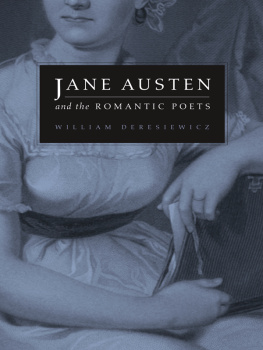
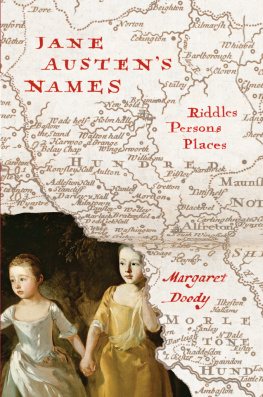
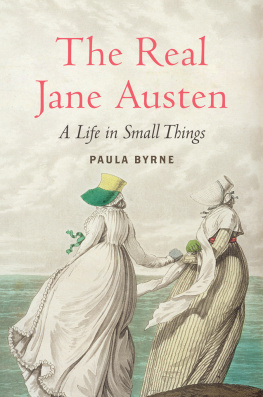
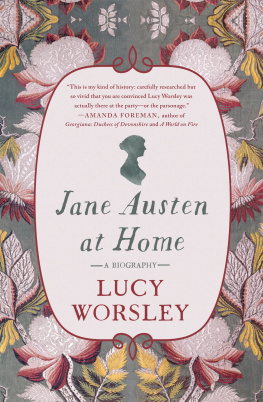
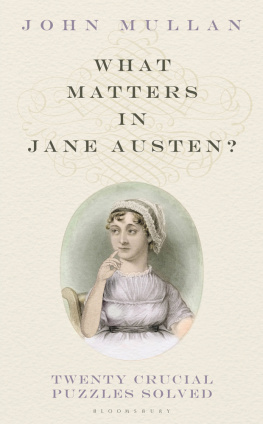
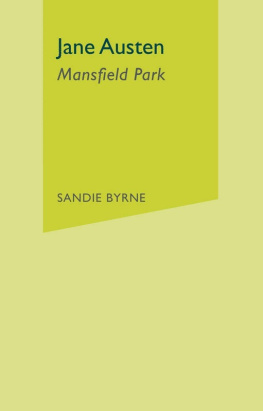
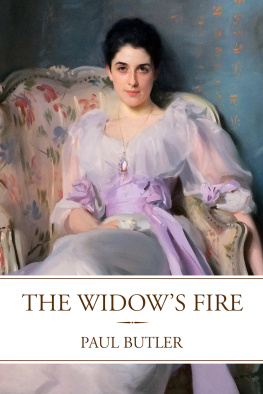
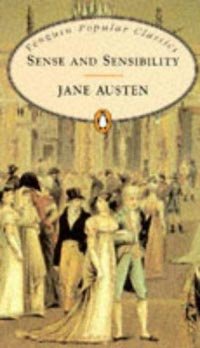
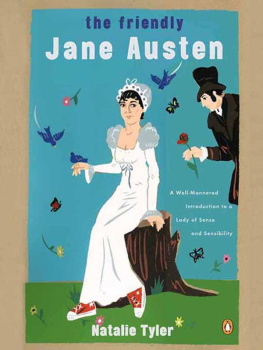
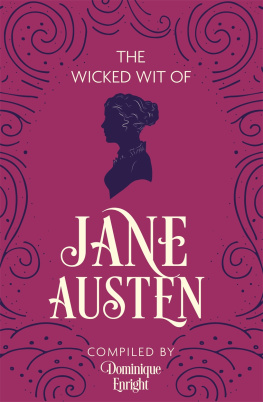
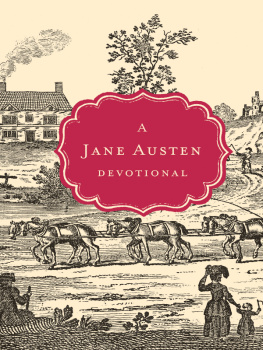
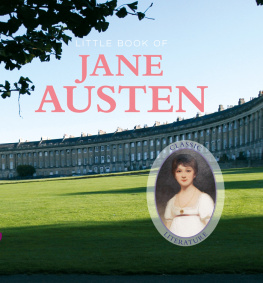
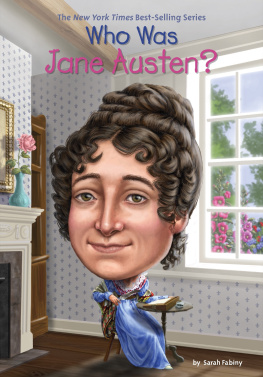
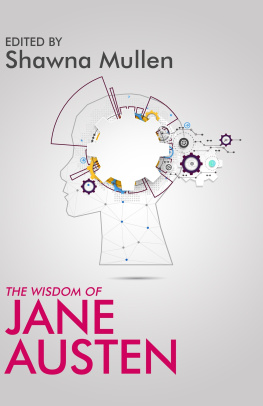
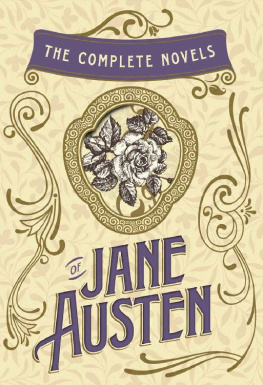

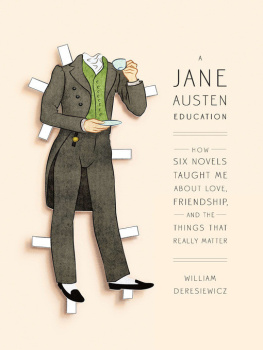

 and the
and the


